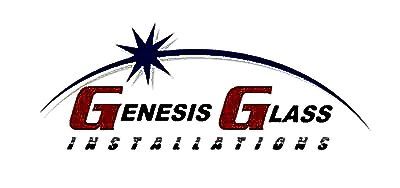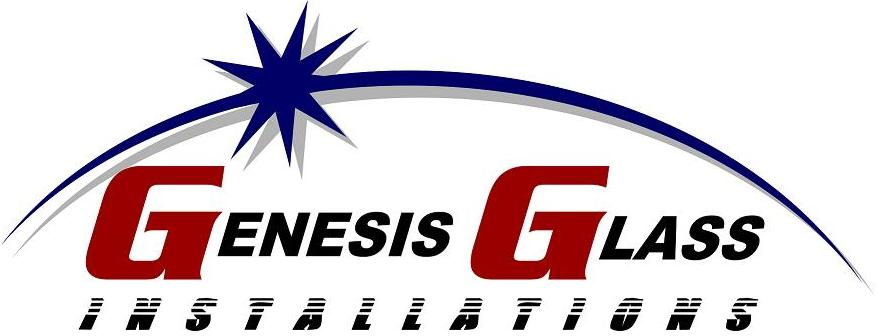FAQs
Genesis Glass Installations
Have a Glass Installation-related question? We have the answer. Check out these FAQs and give us a call today for more information!
What is the difference between monolithic (single pane) glass and insulating glass (double pane)?
Insulating glass, also referred to as double glazing, consists of two or three glass panes separated by a space filled with air or another gas. This design reduces heat transfer through the building envelope. In contrast, monolithic glass is composed of a single layer of glass and is less energy efficient.Why are only silicone sealants used for structural glazing?
Silicone sealants are exclusively used for structural glazing due to their superior resistance to environmental factors such as ultraviolet light, wind, water, and temperature fluctuations. Unlike organic products like urethane, which can degrade over time, silicone maintains its flexibility and structural integrity. This reliability is crucial when the sealant is the primary factor preventing glass or other materials from detaching from a building.Can silicone sealants be used for insulating glazing as well as structural glazing?
Indeed, silicone sealants can be utilized in both insulating and structural glazing applications. In insulated glass units, silicone serves as a secondary sealant, complementing the primary polyisobutylene mastic seal that prevents moisture vapor infiltration. For structurally glazed insulated glass units, silicone can also function as a secondary edge seal. Further information on this topic can be found in our insulated glass section.Approximately how much time is required, from the day an order is placed, for Genesis Glass Installations to install a heavy, glass shower enclosure?
Genesis Glass Installations typically requires five to seven business days to complete the installation of a heavy glass shower enclosure from the date of order placement. This timeframe may vary depending on hardware availability and the current workload at our glass fabrication facility. Once we have received all necessary materials, we will schedule the installation. The actual installation process typically takes between two to six hours, depending on the specific configuration of the enclosure.Master bathrooms seem to be the primary place people install extravagant, heavy, glass shower enclosures. For less expensive, secondary bathrooms what types of enclosures does Genesis Glass Installations recommend?
Genesis Glass Installations offers a comprehensive range of shower enclosures from several leading manufacturers. Our selection includes options suitable for various budgets, from basic sliding doors to more complex neo-angle and ninety-degree units. We provide both frameless and semi-frameless designs across our product lines, ensuring we can accommodate diverse customer needs and preferences for secondary bathrooms.What is the best product found in the stores to keep a mirror clean?
For optimal mirror cleaning, we recommend using any ammonia-free cleaning product. Foam cleaners are particularly effective due to their quick evaporation properties, which facilitate easy cleaning and result in a spotless, lint-free surface. These characteristics make foam cleaners a practical choice for maintaining the clarity of your mirrors and glass surfaces.


Share On: